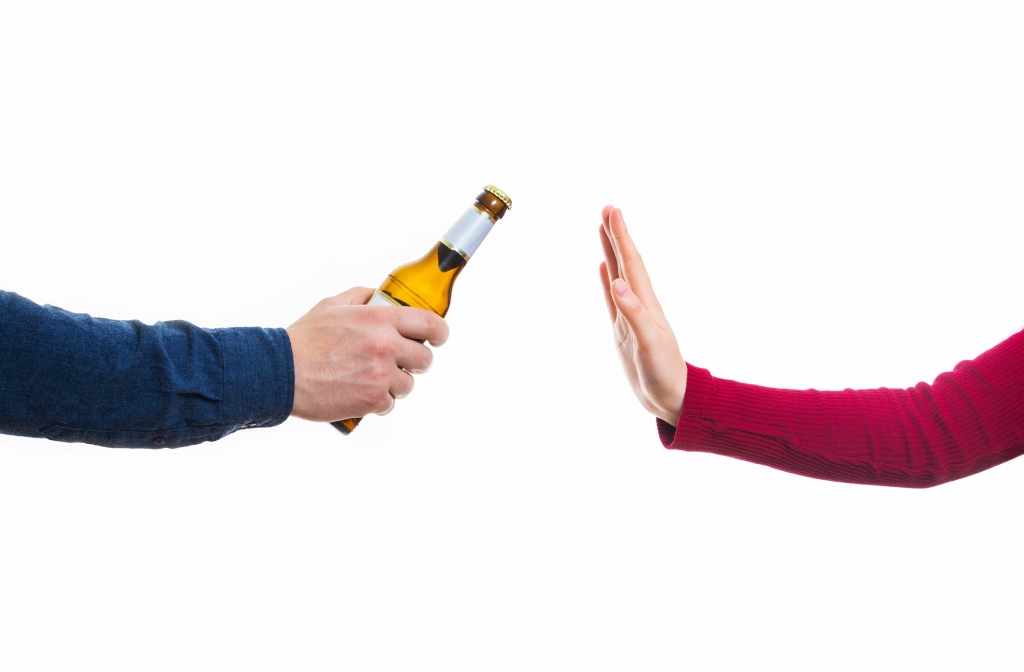These chemical occurrences can result in a type of dependence. Instead of being dependent on drugs and alcohol, people in recovery may become dependent and addicted to the relationship. Over time, as you solidify your recovery and become better at managing emotions, you might realize that you are ready for an intimate relationship. Everyone is different, which means their timeline for finding a romantic partner will look different.

When you find someone you want to start a relationship with, take it slow. This could mean that the first few dates won’t be very “romantic,” or that there’s little physical contact on dates, or that sexual activity is put off for a long period of time. Just like our advice to stay single for a year, this might sound needlessly strict or limiting, but taking it slow allows you to recognize red flags in a potential partner. When seeking potential partners, you should also consider their lifestyle as well. If they are someone who drinks casually at dinner or enjoys hanging around bars, will this pose a threat to your sobriety? Could you envision yourself in a long-term relationship with someone who lives a different lifestyle from you?
What are the Stats On Rehab and Recovery?
In this article, we’ll explore why many people advise against getting into serious relationships while in recovery and what you can do despite that. Access useful information to help you navigate your recovery or to support a loved one through theirs. Appreciate the progress in your relationship and don’t relationships in recovery expect perfection out of yourself or your partner. At the beginning of a new relationship, state your boundaries clearly and calmly and let the other person know you will reinforce them if necessary. Boundaries are meant to strengthen the connection between you and your partner, not punish them.

With improved communication skills, individuals can express their needs, thoughts, and concerns more effectively, fostering healthier and more fulfilling relationships. Furthermore, relationships act as a mirror, reflecting our progress and accountability. Loved ones can offer insight, hold us accountable to our goals, and provide perspective on our actions and behaviors. They can help identify triggers and patterns that may hinder our recovery, allowing us to make the necessary adjustments and improvements. Guilt is another burden, with loved ones questioning their role in the addiction or feeling responsible for missing warning signs.
Prioritize healthy communication.
Have you ever wondered if a shattered vase could be restored to its former glory? Could the cracks and scattered fragments come together to recreate the once-admired beauty? This analogy may seem dramatic, but it accurately reflects the struggle to repair relationships broken by addiction. Your strength is vital in this shared path towards healing. Embrace each step with hope, knowing that every effort contributes to a brighter future for you both.
This step requires honest self-reflection, accountability, and humility. Step 9 then involves making amends, including apologies, restitution, or repairing damaged trust. Over time, these costs can become overwhelming and cause a lot of financial stress. Family members may get involved in these financial issues as they try to deal with the consequences of their loved one’s addiction. Sometimes, the person with an addiction can’t contribute to the family’s finances, making things even harder.
A Journey to Recover Personal Relationships
As life demands increase, and the feelings of lust fade, a couple will naturally fall into a daily taskmaster mode. As a Sexologist, I want to state that moving out of the honeymoon phase and into daily life routines is not a negative thing. Healthy relationships cultivate emotional and sexual attraction while balancing autonomy and all of life’s tasks. What is important is how the couple maintains the balance between life and their relationship. Of course, all of these tasks may help improve satisfaction in the relationship, but they could also result in additional codependency and enabling.
Bill would fund Utah’s rape recovery centers, focus on spotting abuse in relationships – KUTV 2News
Bill would fund Utah’s rape recovery centers, focus on spotting abuse in relationships.
Posted: Tue, 06 Feb 2024 08:00:00 GMT [source]
In addition, you can visit The National Coalition Against Domestic Violence (NCADV), a domestic violence prevention advocacy group with a list of resources for relationship abuse help. Partners of those living with SUD https://ecosoberhouse.com/article/benzodiazepine-withdrawal-symptoms-timeline-and-treatment/ experience their own fair share of relationship challenges. Although the road to recovery can be long for everyone involved, it’s possible to make amends with those you might’ve hurt or lost in the past due to SUD.
The Pitfalls of Dating in Early Recovery
Being in recovery adds another layer of complexity into the situation. Sometimes leaving the relationship can improve recovery while other times, it can make sobriety more challenging to maintain. Because of the complicated nature of leaving relationships in recovery, it is necessary to assess the relationship and determine if it’s helpful or harmful to recover. Even a couple ready for a healthy relationship can find they are not aligned with each other’s wants, needs, and goals. For a person in recovery, the choice to date anyone who seems interested makes that lack of alignment more likely. Attracting the right partner becomes more difficult because you’re still unsure of who you are and who you are becoming.


